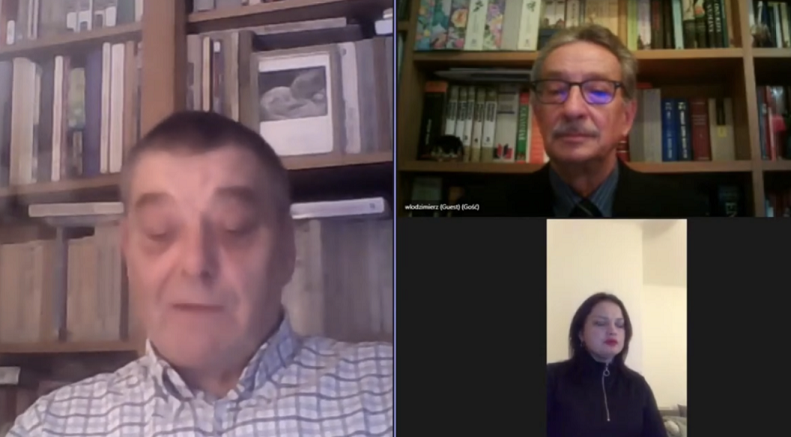A Debate Devoted to the Memorable Message of the Polish to the German Bishops


On the occasion of the 56th anniversary of signing the letter, which falls on 18 November, the Foundation for the Development of the Catholic University of Lublin (FUL) organized, within the framework of the project of the Patriotic Fund of the Ministry of Culture and National Heritage, a debate with the participation of Włodzimierz Rędzioch, a Vatican scholar and journalist of the Catholic weekly Niedziela, and Marian Romaniuk, a historian, who is doing research on the life and teachings of Blessed Cardinal Stefan Wyszyński.
On 18 November 1965, the Polish bishops addressed a famous letter to the German bishops, saying, “We forgive and ask for forgiveness.” These words were already of immense importance at that time, although, without a doubt, the intentions of the Polish bishops were different from the consequences. The letter had significant meaning for the relations between the State and the Church. This was the result of two circumstances: on the one hand, the end of the Second Vatican Council and, on the other hand, the approaching anniversary of a particularly important event for the Church in Poland: the millennium of Poland’s Baptism. “The letter was of fundamental importance in the process of Polish-German reconciliation. Primate Wyszyński and Karol Wojtyła, the then Metropolitan Archbishop of Krakow, participated in its drafting. This document was prepared in great secrecy, so that there was no interference from the communist authorities, who attacked the message. At that time, there was no forgiveness on their part but only hatred and the desire for revenge,” emphasizes M. Romaniuk.
The letter of the Polish bishops to the German bishops constituted a special invitation to the German bishops to share the celebrations of the millennium. The Polish bishops thought that twenty years after the end of World War II, in the atmosphere of the Council, a certain gesture should be made that could lead to reconciliation between the Poles—who suffered from the occupation and all the evil that the Germans did to us in the years 1939-1945—and the Germans. Unfortunately, it did not have the effect its authors had hoped for. Despite this, it is regarded as a symbolic document that was ahead of its time, and it explains a great deal about European relations.
People in the West did not really know what forgiveness meant, although the letter speaks of the victims and the devastation of the Polish economy. To this day, we make clear that forgiveness has to do with this subject: the death of innocent people. There was no better atmosphere to issue the letter than the end of the Council. “In my opinion, the Polish bishops used this moment well, but the German bishops did not take it well, and the response disappointed the Primate himself,” remarks the Vatican scholar, Włodzimierz Rędzioch.
The debate was organized within the framework of the Patriotic Fund, managed by the Roman Dmowski and Ignacy Jan Paderewski Institute for the Heritage of National Thought, established by the decision of the Minister of Culture and National Heritage.
Link to the debate: www.youtube.com/watch?v=tAFCYoDnwIw





Dodaj komentarz